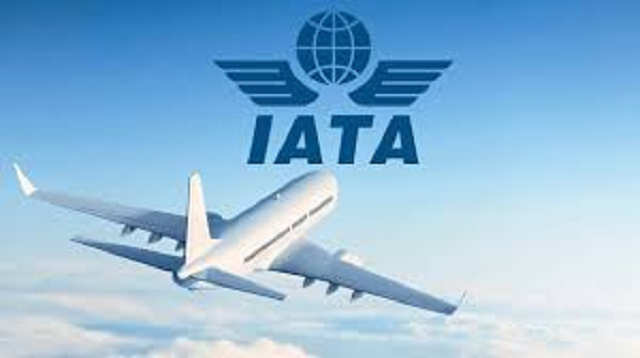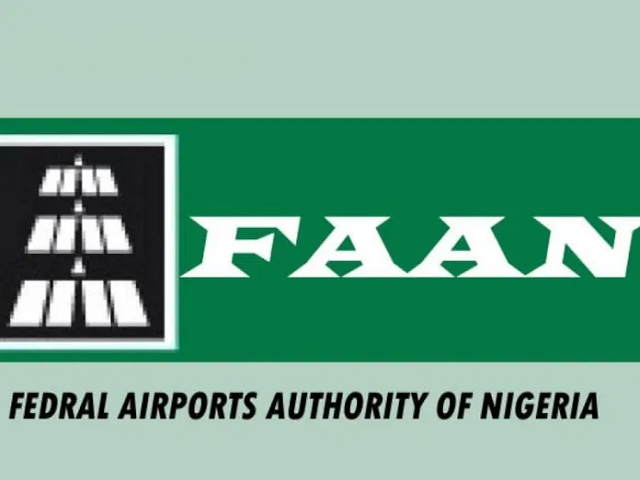The International Air Transport Association (IATA) has disclosed that, as of September, a total of $1.68 billion in funds belonging to airlines is locked across Africa, contributing to a global sum of $2.36 billion.
Kamil Alawadhi, the Regional Vice-President for Africa and the Middle East, shared this information during the 55th Annual General Assembly of the African Airlines Association in Uganda.
Alawadhi highlighted the severe impact of this financial entanglement on connectivity and expressed concerns about the sustainability of the aviation sector. He emphasized the association’s commitment to delivering value to its members in navigating the challenging financial landscape.
Nigeria accounts for $783 million of the blocked funds, with only about 10 percent having been cleared despite recent efforts. The Central Bank of Nigeria (CBN) has initiated steps to clear the forex backlog to commercial banks, aiming to ease pressure on foreign exchange. However, challenges persist in effectively disbursing these funds.
Alawadhi acknowledged the CBN’s efforts in clearing the forex backlog but noted that a significant portion of the funds remained inaccessible to the airlines. He stated, “Since 2018, a significant amount of blocked funds have been repatriated from Angola, Ethiopia, Ghana, Nigeria, and Zimbabwe through working with the respective governments. Currently, $1.68 billion in airline funds remain blocked across the continent.”
The Vice-President stressed the importance of liberating these blocked funds and advised governments on adopting best practices to clear backlogs. He highlighted the broader repercussions, emphasizing that the negative impact extends beyond the airlines to adversely affect the economies of the countries involved. This includes reduced connectivity, diminished investor confidence, and damage to the countries’ reputations.
Recognizing aviation as a pivotal economic enabler, Alawadhi urged governments to prioritize sustainable solutions for clearing blocked funds. As Africa’s aviation industry aims to recover from pandemic-induced losses, IATA advocates against imposing additional financial burdens such as higher fees, levies, carbon taxes, or new taxes on air transport, trade, or tourism. These measures, he warned, could exacerbate existing challenges, making air travel more expensive and less accessible in Africa, where the average airfare is already 30 percent higher than the industry average, and jet fuel costs are 10-20 percent higher than the global average.













